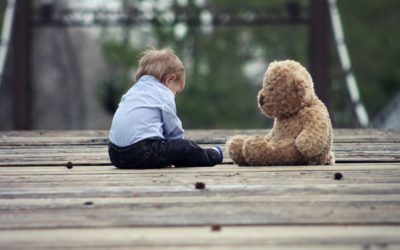
China’s Elder Care Answer
I always find it interesting to see how other cultures and countries approach elder care. Several news stories came out recently about China’s plan to support its aging population.
Family ties are a tremendous part of Chinese culture, and for centuries, Chinese families have come together to care for relatives young and old. But just last year, on Seniors Day, one social scientist noted that the responsibility of elder care was shifting towards the government.
China currently has 167 million people over the age of 60, 19 million of whom are over the age of 80. Half of them live alone, though the number is closer to 70 percent in the cities.
While it was often considered a moral obligation to care for your aging parents, the country’s economic boom bringing time-consuming jobs and changing migration patterns have weakened familial ties in both rural and urban areas.
But this new social problem is clashing with an old social problem.
China’s one-child policy, in place since 1978 as a means of controlling the population growth, has created a generation without siblings.
Today, this means that there are fewer workers, and thus fewer incomes, to support aging relatives. A typical household then may be supporting 3 nuclear family members (2 parents and 1 child), as well as 4 grandparents (husband’s two parents and wife’s two parents). And, longevity is even imposing a greater burden – called the 4-2-1- Problem – on young people. A single adult child could be responsible for supporting his or her two parents over the age of 60 as well as any living grandparents.
In response to calls for greater government aid to the aged, China is looking to codify a practice that used to be a mere cultural tradition. The proposed law would give the elderly a right to sue their children in court to enforce their right to be physically and emotionally cared for.
While it’s a praise-worthy law, Chinese lawyers are already saying it lacks teeth and may be unenforceable because it violates personal liberty.












